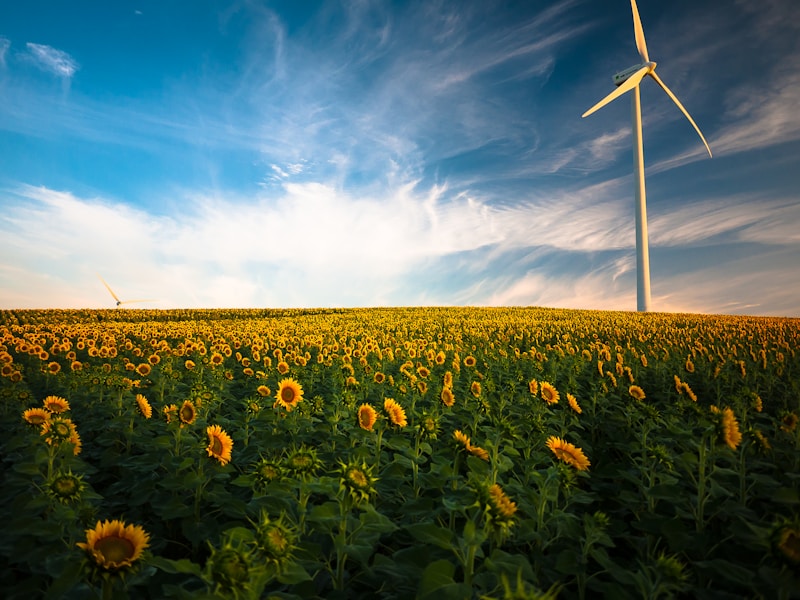12 Questions
What are the ideal conditions for harvesting sunflower seeds?
A sunny and dry day
What is the initial cleaning process for sunflower seeds before extraction?
Removal of larger impurities like stones, soil, leaves, and debris
What is the purpose of the descascarillado process in sunflower seed processing?
To remove the outer shell
How are sunflower seeds transported to the oil processing factory?
In trucks
What technological advancements in oil extraction contributed to the popularity of sunflower oil in Europe during the 19th and 20th centuries?
Mechanical presses and refining processes
Where are sunflower seeds stored before processing in the oil factory?
Temperature-controlled silos or containers
What is the purpose of toasting pipas in sunflower oil production?
To enhance flavor, aroma, and facilitate easier crushing.
What happens to the pressed oil after it is collected?
It is separated from the remaining piga or residue.
What is the purpose of filtering the oil multiple times?
To remove impurities and clarify the final product.
Why does the oil undergo desodorization?
To remove volatile compounds contributing to undesirable odors and flavors.
Where is the filtered and desodorized oil stored after refining processes are complete?
In temperature-controlled tanks for long-term aging and preservation.
What is done to the bottles after filling them with sunflower oil?
They are turned upside down to remove any dust or debris.
Study Notes
- Sunflower oil is one of the most consumed vegetable oils in the world, with hundreds of millions of liters sold annually.
- Sunflowers are native to North America, and have been cultivated by indigenous cultures for centuries.
- Sunflower oil gained popularity in Europe during the 19th and 20th centuries due to technological advancements in oil extraction, such as mechanical presses and refining processes.
- The sunflower plant is closely monitored during growth to determine when the seeds are ripe for harvest.
- Seeds are harvested when the heads turn brown and the seeds separate easily from the head.
- Ideal harvest conditions include a sunny and dry day to prevent excessive moisture and damage to the heads.
- After harvest, seeds are transported to the oil processing factory in trucks.
- Upon arrival, seeds are weighed and documented for traceability and quality purposes.
- Seeds are stored in temperature-controlled silos or containers until ready for processing.
- Prior to extraction, seeds undergo an initial cleaning process to remove larger impurities like stones, soil, leaves, and other debris using equipment like screens and air separators.
- High moisture seeds may require additional drying to reach optimal moisture levels for oil extraction.
- Following cleaning and drying, seeds undergo a descascarillado (dehulling) process to remove the outer shell, resulting in "pipas" or hulled seeds that will be processed for oil extraction.
- Pipas are then toasted to enhance flavor, aroma, and facilitate easier crushing, releasing the oil they contain.
- Toasted pipas are placed into mechanical presses where pressure is applied to extract the oil.
- Pressed oil is collected and separated from the remaining piga or residue, which can be sold for animal feed production.
- The oil is then filtered multiple times to remove impurities and clarify the final product.
- Following filtration, the oil undergoes desodorization to remove volatile compounds contributing to undesirable odors and flavors.
- Filtered and desodorized oil is cooled and stored in temperature-controlled tanks for long-term aging and preservation.
- After all refining processes are complete, the oil is packaged in plastic bottles, taking care to avoid exposure to air and light which could degrade the oil.
- The bottling process includes turning the bottles upside down to remove any dust or debris, followed by filling, capping, and labeling.
- Once packaged, bottles are boxed and shipped to retailers for distribution.
- Sunflower oil production requires experience and expertise to ensure a high-quality, healthy, and flavorful final product.
Explore the journey of sunflower seeds from harvest to bottled oil, including cleaning, extraction, refining, and packaging processes. Learn about the careful monitoring of plant growth, seed processing stages, and quality control measures in sunflower oil production.
Make Your Own Quizzes and Flashcards
Convert your notes into interactive study material.




